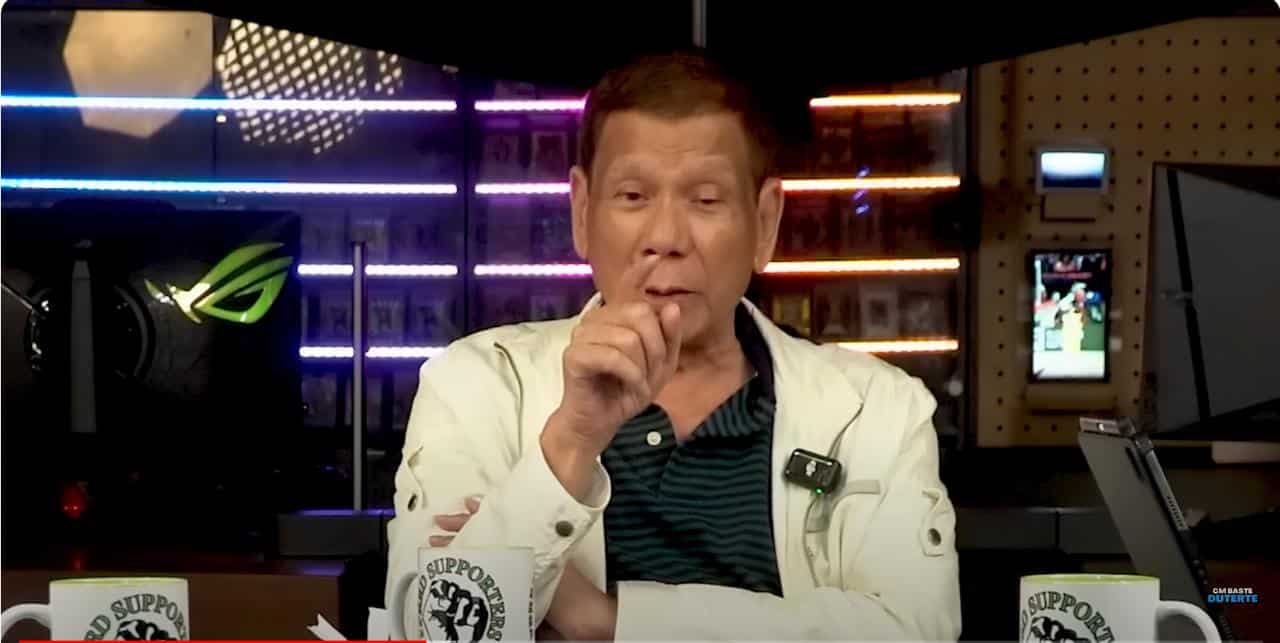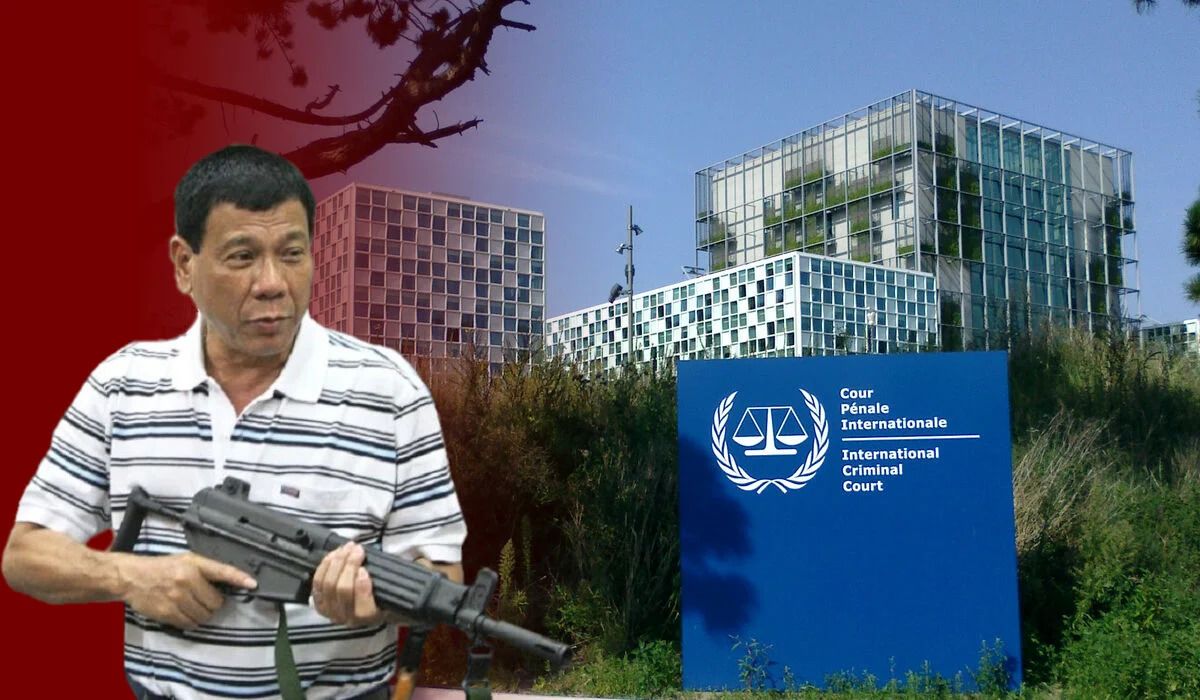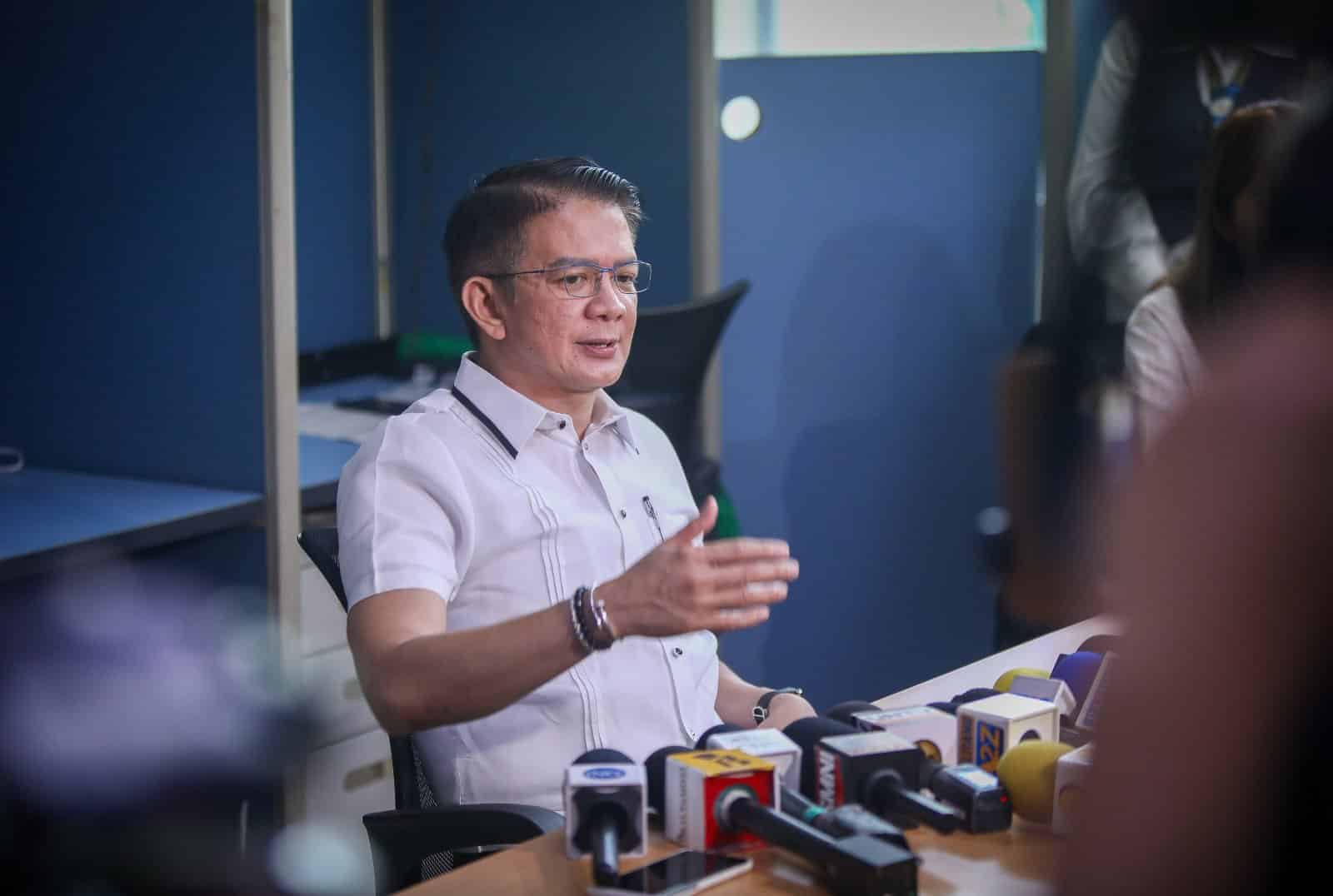The Philippines' Duterte-Bombs ICC: A Battle for Global Rule of Law
The Philippines, under the leadership of President Rodrigo Duterte, has taken a bold stance against the International Criminal Court (ICC), escalating a long-standing feud between the two entities. The ICC, established in 2002, aims to investigate and prosecute individuals responsible for war crimes, crimes against humanity, and genocide. However, Duterte's government has consistently rejected the ICC's jurisdiction, labeling it as a "foe of the Filipino people."
The ICC's controversial arrest warrant for Duterte's drug czar, General Joel Sugiman, further intensified the tensions between the two parties. The warrant, issued in 2018, accused Sugiman of crimes against humanity, including murder, torture, and enforced disappearances. The ICC's move was seen as a significant threat to the Philippines' sovereignty, as it implicated a high-ranking government official in serious international crimes.
In 2019, the Philippines formally notified the ICC that it would not cooperate with any ICC investigations, including the one related to Sugiman. This move marked a significant escalation of the conflict between the two parties, raising concerns about the rule of law and the Philippines' commitment to upholding international human rights standards.
Historical Context: The Philippines' Relations with the ICC
The Philippines has a long and complicated history with the ICC. The country's independence from the United States in 1946 led to a significant shift in its foreign policy, with Manila prioritizing its relations with Western powers. The ICC's establishment in 2002 coincided with the Philippines' renewed focus on international cooperation and human rights.
However, the Philippines' decision to withdraw from the Rome Statute, the founding treaty of the ICC, in 2016 marked a significant turning point in its relations with the court. The country's withdrawal was justified by President Duterte, who claimed that the ICC's jurisdiction was incompatible with the country's sovereignty.
The ICC, in turn, criticized the Philippines' withdrawal, citing concerns about the country's commitment to upholding international human rights standards. The court's decision to pursue investigations into alleged war crimes in the Philippines further fueled tensions between the two parties.
Duterte's Stance on the ICC: A Sovereignty Issue
Duterte's government has consistently framed its opposition to the ICC as a matter of sovereignty. The president claims that the ICC's jurisdiction is an attempt to undermine the Philippines' authority and control over its territory. Duterte has also accused the ICC of being a "politicized" institution, biased towards Western interests and hostile to developing countries.
The Philippines' defense minister, Delfin Lorenzana, further emphasized the sovereignty issue, stating that the country will not cooperate with the ICC due to concerns about its independence and impartiality. Lorenzana argued that the ICC's actions would be seen as a "trespassing" of the Philippines' sovereign territory, citing a 1936 treaty between the Philippines and the United States.
ICC's Response: A Call for Cooperation
The ICC has responded to the Philippines' withdrawal by reiterating its commitment to upholding international human rights standards. The court has emphasized its role as a necessary institution for promoting accountability and justice in situations of mass atrocities.
The ICC's Office of the Prosecutor, led by prosecutor Karim Khan, has pursued investigations into alleged war crimes in the Philippines, including crimes committed during the country's counterinsurgency campaign against the communist New People's Army and the Moro Islamic Liberation Front (MILF). The ICC has also investigated alleged crimes against humanity committed by government forces, including the killing of hundreds of suspected drug dealers and users.
In 2020, the ICC issued a statement reiterating its commitment to investigating and prosecuting alleged crimes committed in the Philippines. The court emphasized its independence and impartiality, stating that it is not influenced by political considerations or external pressures.
Consequences of the Conflict: Impact on Human Rights
The conflict between the Philippines and the ICC has significant implications for human rights in the country. The ICC's investigations and prosecutions have raised concerns about the government's accountability for alleged crimes, particularly in the context of the country's counterinsurgency campaign.
The human rights situation in the Philippines has been a subject of concern, with reports of enforced disappearances, torture, and extrajudicial killings. The ICC's pursuit of investigations and prosecutions has underscored the need for greater accountability and transparency in the country's human rights record.
International Community's Response: A Mixed Bag
The international community has responded to the Philippines' opposition to the ICC with a mix of criticism and concern. Western countries, such as the United States and the European Union, have expressed support for the ICC and its efforts to promote accountability and justice.
However, countries in the region, such as China and Russia, have shown support for the Philippines' stance, emphasizing the importance of sovereignty and national independence. The United Nations Human Rights Council has also expressed concern about the Philippines' human rights record, calling for greater accountability and transparency.
A Battle for Global Rule of Law: Implications and Future Directions
The conflict between the Philippines and the ICC has significant implications for the global rule of law. The Philippines' rejection of the ICC has highlighted the need for greater national sovereignty and independence in international relations.
However, the ICC's pursuit of investigations and prosecutions has underscored the importance of accountability and justice in situations of mass atrocities. The ICC's efforts to promote global justice have sparked debate about the role of international institutions in promoting human rights and the rule of law.
The future of the conflict between the Philippines and the ICC remains uncertain, with both parties continuing to assert their positions. The international community will likely continue to monitor the situation, with implications for human rights and the global rule of law.
Conclusion
The conflict between the Philippines and the ICC has significant implications for the global rule of law. The Philippines' rejection of the ICC has highlighted
Metro Boomin Height
Google My Business Ranking Checker
Brandonavid Jackson
Article Recommendations
- Did Mason Lose His Leg
- Eurome
- Kaitlynkrems Fans
- Paige Vanzantd Fans
- Benicioel Toro Relationships
- Net Ubbed
- Who Is Orlando Brown S Mother
- Sophie Raiind
- Luke Kleintank
- Abril F Lix Murillo



![[Vantage Point] Duterte, ICC, and the rule of law](https://www.rappler.com/tachyon/2023/12/duterte-icc-vantage-point-dec-8-2023.jpg)